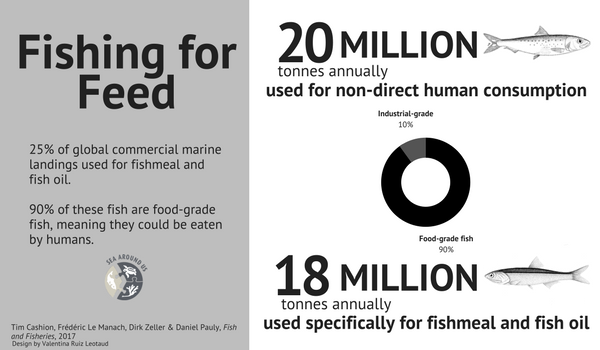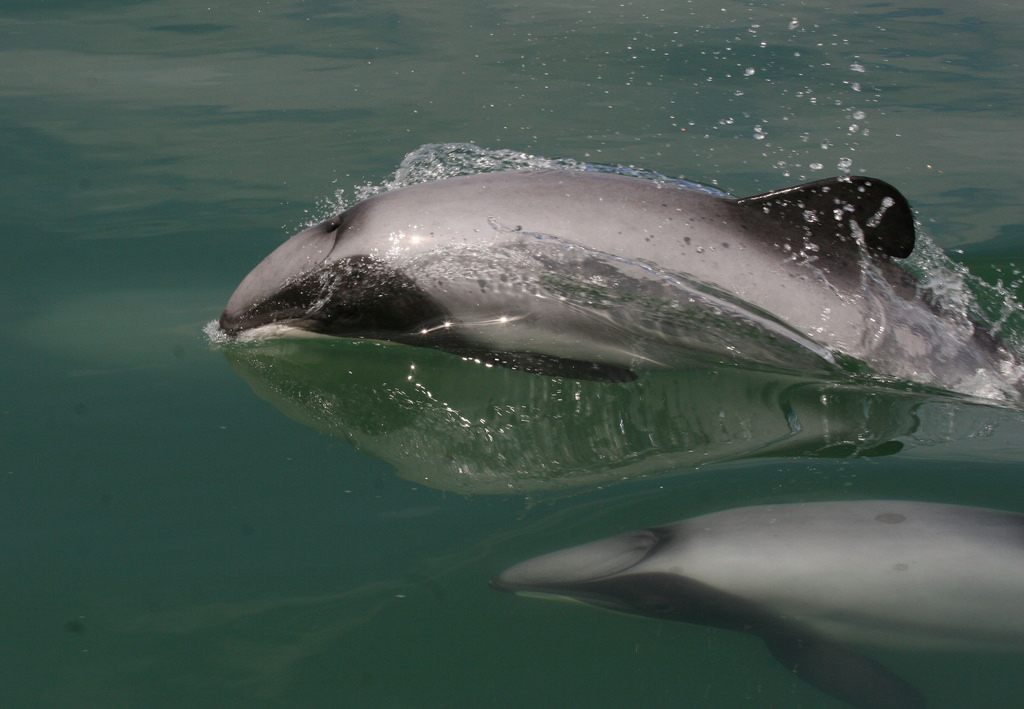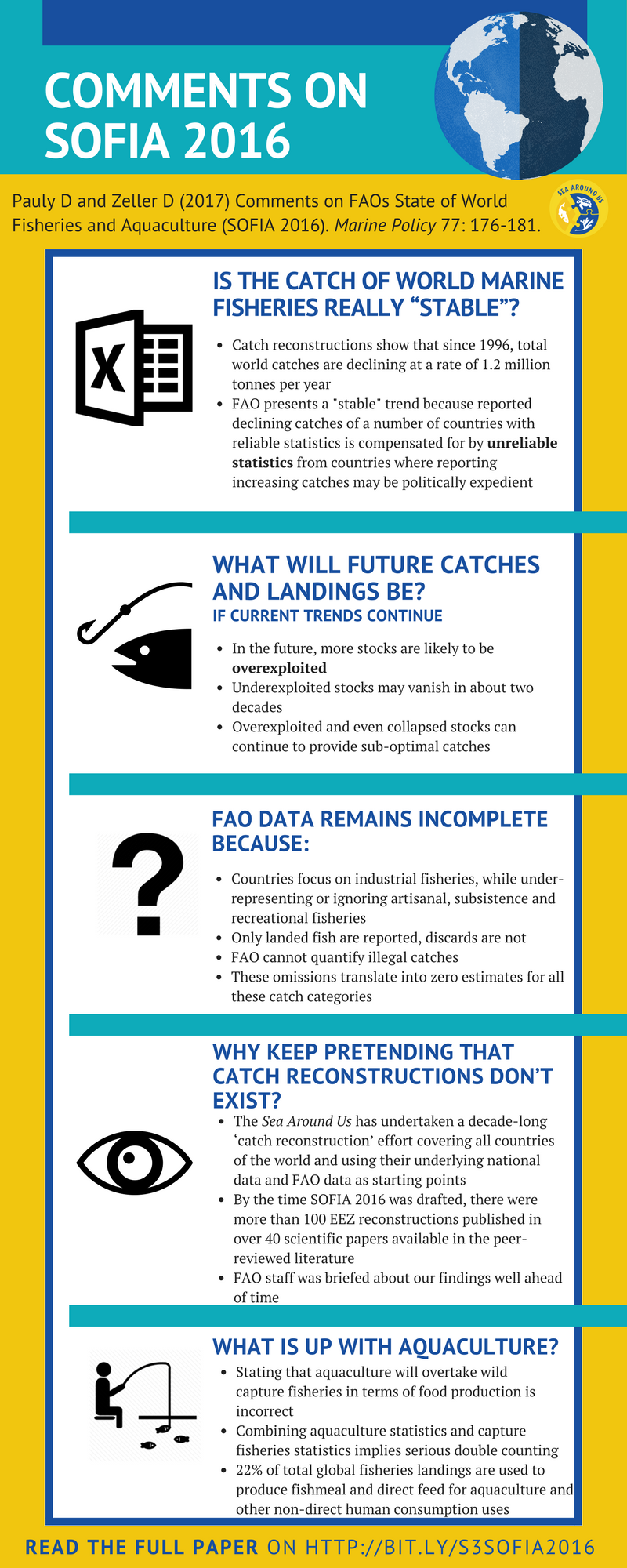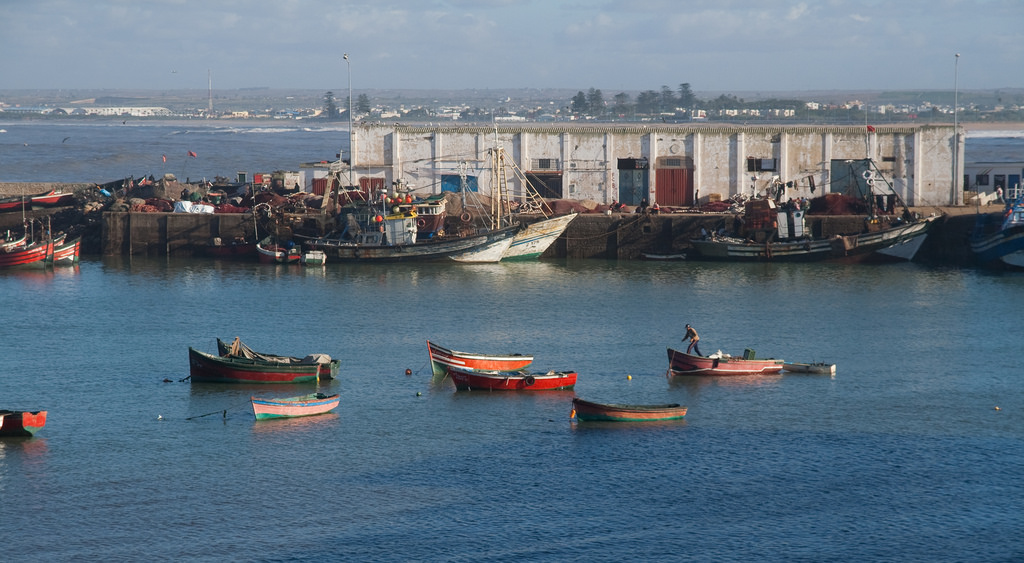
Every year for the past 60 years, an average of 20 million tonnes of fish caught in the global ocean have not been used to nourish people.
A new study emerging from the Sea Around Us project at the University of British Columbia’s Institute for the Oceans and Fisheries reveals that from 1950 to 2010, 27 per cent of commercial marine landings were diverted to uses other than direct human consumption.
This trend has not changed in recent years and it poses serious questions regarding food security, as most of the diverted fish are classified as food-grade or prime food-grade.





